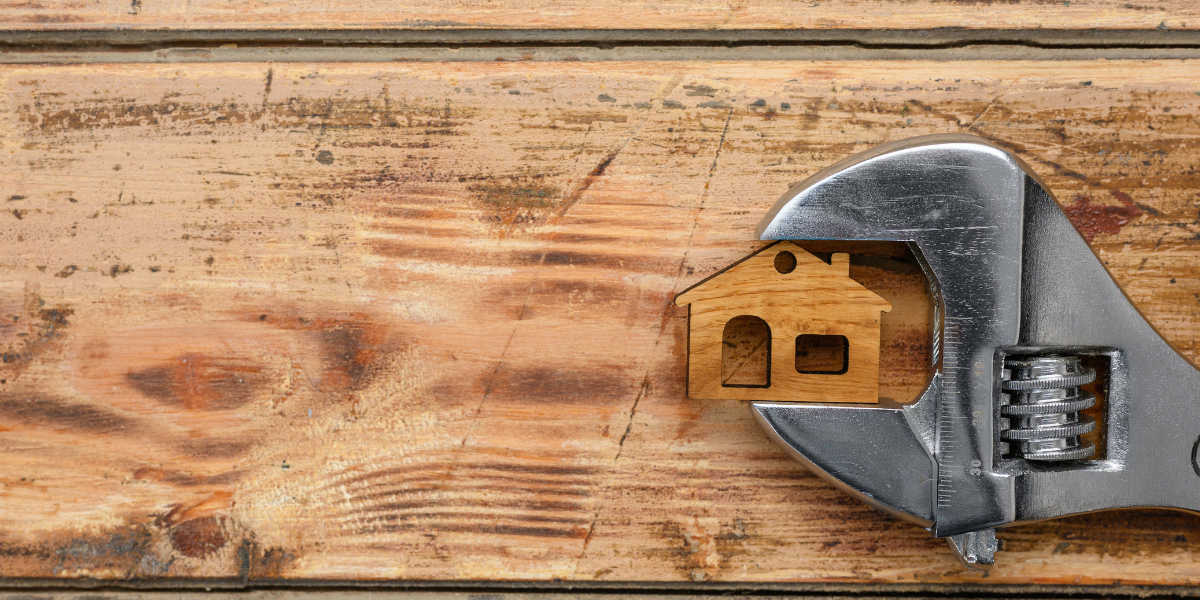Understanding fragmentation in the home services market

Home services organizations like HVAC providers, roofing companies and landscapers are ending 2023 with a strong year in the rearview. Despite other industries taking hits from inflation and other macroeconomic factors, these essential services stayed steady and new businesses appeared left and right.
Now, business owners and private equity sponsors are using the influx of new businesses, which contribute to this market’s high rate of fragmentation, to forge ahead with ambitious M&A strategies.
Related: HVAC M&A: no cooldown in sight
So, what contributes to this influx of new businesses and ongoing fragmentation that has proven advantageous for private equity investors and acquisitive business owners? There are three core qualities of the home services market to thank:
- Low barriers to entry
- Diversity of services/products
- Local scalability factor
Keep reading to learn why each of these factors contributes to the fragmentation we continue to see in the home services market.
But first, what’s considered a home services business?
Home services businesses provide products and services directly to consumers. Many employ trade workers such as electricians or HVAC technicians to install, repair or service essential home products, but others consist of more general work such as landscaping, roofing, painting, etc.
The many niche businesses that can be considered home services tend to be profitable because they are deemed necessary to consumers. In other words, consumers will pay for these services even in a recession. This profitability is also why so many new home services businesses appear each year, contributing to the fragmented marketplace.
Here’s a more detailed explanation of the three main factors contributing to this market’s ongoing fragmentation:
- Low barriers to entry: Often, home services companies have lower overhead costs than traditional storefronts or other direct-to-consumer businesses that require a physical location and stocked inventory. This means owners can get their companies off the ground with a lower investment than other business models. Also, common home services businesses like landscaping, roofing or painting require fewer certifications for field workers, making the labor pool larger and more accessible to business owners as they grow their teams.
- Diversity of services/products: Another culprit for this market’s ongoing fragmentation is the diversity of businesses and products that can be considered home services. HVAC, electricity, landscaping, roofing and painting are the more traditional business types, but we are seeing increased activity in niche spaces such as basement services and fire safety services that prove this market still has much room to diversify and grow.
- Local scalability factor: Given the above two conditions, the home services market is also scalable for owners or private equity sponsors pursuing an inorganic growth strategy, but this is mostly limited to a regional level. For example, we’ve consistently seen HVAC platforms merge with a variety of home services businesses to create one go-to home services platform. However, few of these are national in scale, so the market has remained fractured overall.
The takeaway:
The home services market is fragmented by nature. Low barriers to entry, diversity of products/services and scalability at a local level allow new businesses to thrive and investors to continue deploying capital into this space.
Even as legacy private equity platforms focused on home services (especially HVAC companies) continue to grow in local and regional markets, a lack of national and multinational competitors has maintained a high level of value and fragmentation in these businesses at a smaller, local scale.
To learn more, contact Derek Gracey at derek.gracey@charlesaris.com or (336) 217-9152.
SIMILAR ARTICLES
Meaningful conversations: How our deal-sourcing team connects with founders
We launched our transaction services business with the guiding philosophy that meaningful conversations lead to successful deals.
The new era of workplace wellness at Charles Aris
Throughout the past year, we’ve also integrated firmwide activities into our culture to promote healthy meditation, social events and exercise.
Charles Aris in the community
Our firm places a high value on giving back to our communities, and our team members have been working alongside several organizations to do so.



